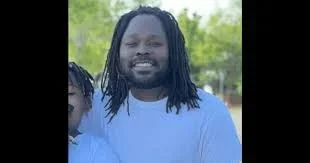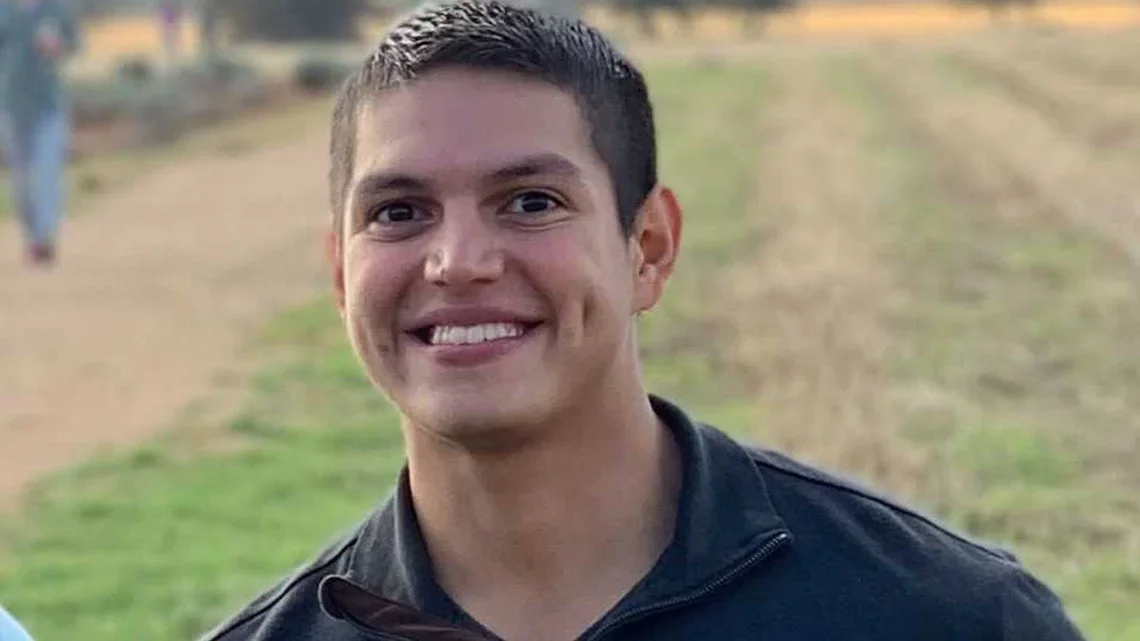The Man Who Would Be King: Alexander the Great’s Skewered Lamb Recipe 🥁 🥁 🥁 🥁 🥁
/Year Released: 1975
Directed by: John Ford
Starring: Sean Connery, Michael Caine, Christopher Plummer
(PG, 129 min.)
Genre: Action, Adventure
“Now listen to me, you benighted muckers. We’re going to teach you soldiering. The world’s noblest profession. When we’re done with you, you’ll be able to slaughter your enemies like civilized men.” Danny Cravot (Sean Connery)
Knowing that it would probably never get by the PC police today, we enjoy this film even more today; it has the delightful lure of forbidden fruit.
Two former British soldiers in 1880s India decide to set themselves up as Kings in Kafiristan, a land where no white man has set foot since Alexander the Great.
The fortunate and then tragic turn of events for our renegade rogues is when Connery’s character Danny Dravot is mistaken for the return (reincarnation, son of – take your pick) of Alexander the Great, who is rumored to have passed through the Indus Valley circa 325 BC.
He and Peachy Carnehan (Michael Caine) are just planning to run their usual schemes – a little gun running, backing one little king against another for some filthy lucre to keep them going.
The two con man have a certain set of principles, and self respect, though. When they impersonate a reporter for the local paper (a job then held by Rudyard Kipling) they are in big trouble, but their defense rings true.
District Commissioner: There may be no criminal charges against you, but I'll see these files reach Calcutta with a recommendation that you be deported as political undesirables, detriments to the dignity of the Empire and the Izzat of the Raj.
Peachy Carnehan: Detriments you call us? Detriments? Well I want to remind you it was "detriments" like us that built this bloody Empire *and* the Izzat of the bloody Raj, 'ats on!
District Commissioner: It would have been wiser if you'd both gone home at the end of your army service.
Peachy Carnehan: Home to what? A porter’s uniform outside a restaurant, attainin' tips from belching civilians for closing cab doors on them and their blowsy women?
Danny Dravot: Not for us, thank you. Not after watching Afghans come howling down out of the hills and taking battlefield command when all the officers had copped it.
Peachy Carnehan: Well said, Brother Dravot.
What sets the film apart is the slippery slope from good old scoundrels to those who aspire to greatness, or as one critic puts it so well,
Connery and Caine (both excellent) become classic Huston overreachers, and echoes of The Treasure of the Sierra Madre and Moby Dick permeate the mythic yarn. –Derek Adams
Peachy and Danny pull up stakes in India and go to Kafiristan, despite warnings from their now friend of sorts, Kipling. He assures them that many have gone there but no one has ever returned.
And they do almost die several times on the long trek, but finally make it there. At first they are taken for gods. This is more than these renegades have ever hoped for, and Peachy and Danny approach the pending apotheosis gingerly at first.
Billy Fish: He wants to know if you are gods
Peachy Carnehan: Not gods - Englishmen. The next best thing.
Peachy: (a little later) Danny's only a man. But he break wind at both ends simultaneous - which is more, I reckon, than any god can do.
When the Masonic symbol Danny proudly wears makes one king think he is the reincarnation of Alexander the Great, Danny is at first is reluctant.
“Is it blasphemy?” he wonders. Not so, Peachy assures him. They do not think he is the Christian God, but only some bloke who lived thousands of years ago. (Part of the humor, of course, is that they have no earthly idea of who Alexander the Great actually was.)
“Skiandergul” is the local equivalent of Alexander handed down for centuries to the holy men, who are respected by all the warring tribes. They even stop their petty bloodlust when the white-robed holy men pass through. Their holiness is at first a boon, but later not so much.
Later on, Danny warms up to his role, taking himself all too seriously as he bestows his Solomon like wisdom to the locals and their petty disputes. It is then that he he aspires to become a real king rather than a mere god, with a beautiful young wife and progeny. However, the fact that the locals think that a god’s touch will burst them into flames is a bit of a downer for the young bride he has chosen. Her name is Roxanne, which was also the name of a wife Alexander chose from the Kafirstans long ago. This cements Danny’s case for destiny, and he proceeds despite the holy men’s warnings…
Things do not end well, of course.
***
One astute commenter said that this film, based on a Rudyard Kipling short story, could only be pulled off by three people: the stars, Sean Connery and Michael Caine, and the director, John Ford.
Ford, Caine, and Connery were all icons, but Different Drummer will concentrate on the two stars, who were also great friends in real life.
One reason both Caine and Connery are so excellent in this film is their real life history. I still remember reading about Sean Connery’s life in a glossy Sunday Magazine pullout, which I saved it to read to my students when I taught English.
In short, Sean Connery, the son of a cleaning woman and a factory worker, was so poor in his youth that he actually lived in a drawer (aka Kayo in the Old Dick Tracy comic for those who can remember) in the cold-water walk up flat in Scotland where he was born. He had to drop out of school at age nine to go to work. Four years later he joined the Royal Navy and was trained to finish coffins. The institutional life did not suit him; when he left the service he tried working as a “coffin and piano polisher” with mixed results.
Then he won third place in the Mr. Universe contest and contemplated becoming an actor, but he felt very inadequate because of his lack of schooling. A fellow actor gave him a list of 25 classics to read and said that if he read them, he would be as educated as anyone. Connery did just that, spending most of his off time looking up words in the local libraries as he traveled as part of the chorus in a show.
“Those books changed my life,” he later said, swearing that he would never have been a successful actor without them. I used this article to motivate my students many years ago, and I know the words of this legendary actor influenced many of them.
Connery never forgot his humble roots either, and it is especially telling in The Man Who Would Be King, where he plays a rather audacious scoundrel.
Michael Caine had a similar story, as noted in my review of Harry Brown.
The fact that Michael Caine has lived in the shoes of his character is perhaps why he wears his role like a second skin. Born Maurice Joseph Mickelwhite, he was the son of a charwoman and a fish market porter. Caine grew up in the Castle and Elephant district just a few blocks away from where Harry Brown was filmed. And yes, he belonged to a gang, though their drug was alcohol and they fought with their bare fists instead of knives or guns. –Different Drummer
Michael Caine also counted two of his closest friends as Sean Connery and that other James Bond icon, Roger Moore. The chemistry between Caine and Connery, both working class actors, is evident in the film. [Also of note is that the role of Roxanne (Shakira Baksh) is played by Michael Caine’s now wife of almost 50 years].
If you also love Caine and other living legends you might enjoy the witty interview with Michael Caine, Morgan Freeman and Alan Arkin.
You cannot go wrong watching this gem. It is almost as exquisite as the precious rubies and gold they sadly never got to bring home to England.
–Kathy Borich
🥁🥁🥁🥁🥁
Trailer
Film-Loving Foodie
Since the legend of Alexander the Great permeates the film, I have chosen a dish infused with his Greek (Macedonian) roots. It is a bit tastier and easier to make than some of the more authentic dishes of Kafiristan, so I took a pass on authenticity in this case. You might agree:
The Harappans grew lentils and other pulses (peas, chickpeas, green gram, black gram). Their main staples were wheat and barley, which were presumably made into bread and perhaps also cooked with water as a gruel or porridge.
So it’s Alexander the Great’s Skewered Lamb, with peppers and onions. Quite delicious in itself, but a whole meal when served over a bed of rice…or you could make that a bed of lentils, chickpeas, or gruel is you are a food purist.
Enjoy, but I’d suggest the rice. And stay away from any beautiful Kafiristan girls, too, although Michael Caine has been happily married to “Roxanne” is real life since 1973.
Alexander the Great’s Skewered Lamb
Ingredients
● Olive oil, 3 tablespoons
● Lemon juice, ⅓ cup
● Garlic cloves, 3 (minced)
● Fresh oregano, 1 tablespoon OR Dried oregano, 1 teaspoon
● Boneless leg of lamb, 48 oz. (cut into 1-½ inch cubes)
● Onions, 1 (small, grated)
● White sweet onion, 1 (large, cut into eights)
● Red peppers, 2 (cut in 1-½ inch pieces)
● Salt and freshly ground pepper to taste
Preparation
● Mix the oil, lemon juice, pepper, salt, garlic, oregano and grated onion together and then pour it over the meat and marinate it for a few hours in a refrigerator. The meat would better absorb the marinade if you let it remain overnight.
● Thread the pieces of meat alternatively with pepper and onions on the skewers.
● Now, barbecue the pieces of meat and keep basting it with the marinade.
● When the meat pieces turn brown on all sides, it is ready to be eaten.

















